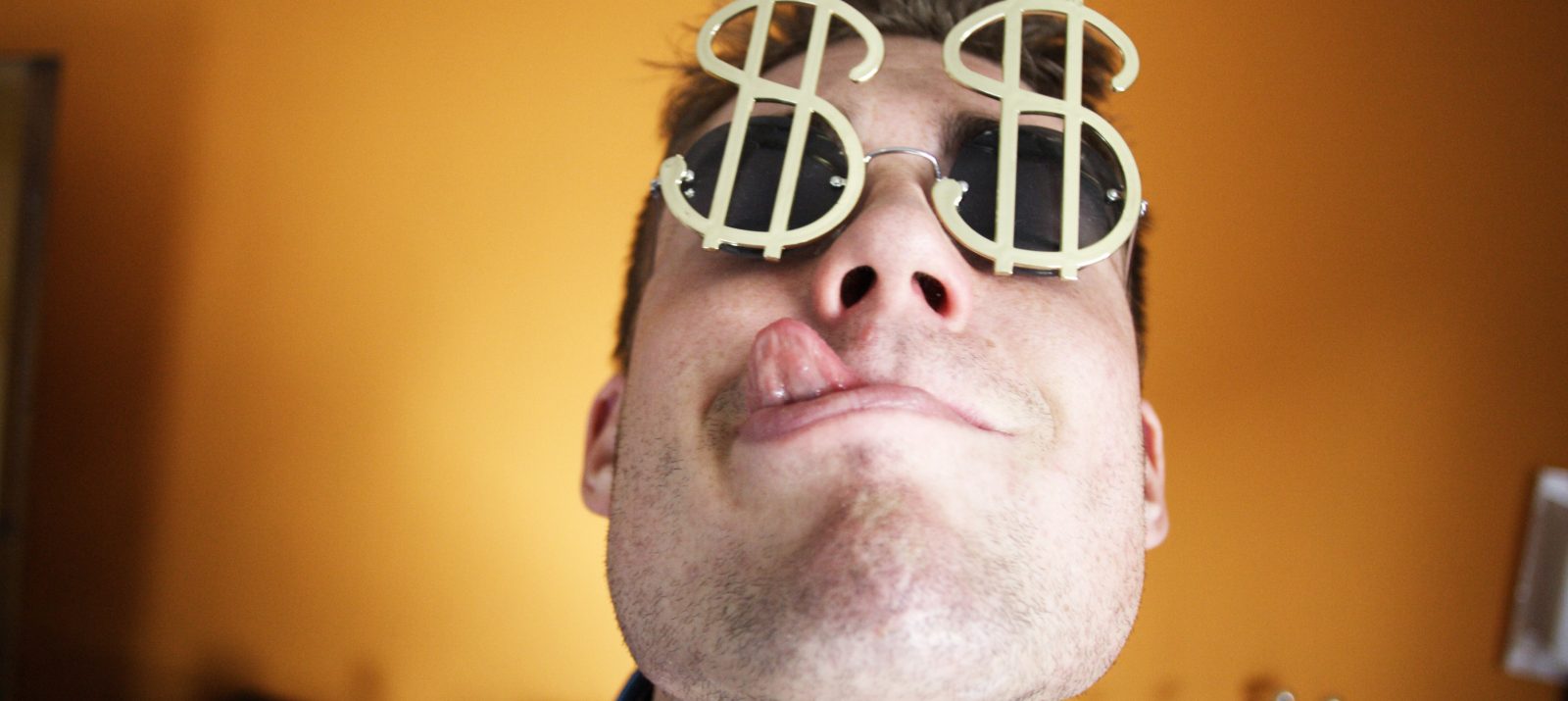
Your child’s favorite YouTuber is giving away what seems like a great prize and your child is dying to enter? Sweepstakes look very tempting at first glance. But especially on the net, these can also be fake and therefore problematic.
The official reason is usually “I want to give something back to my followers”. However, many YouTubers benefit from sweepstakes in other ways, by getting paid for them or getting more followers and likes.
YouTube itself allows so-called contests on its platform (if they are not marked as advertising). YouTubers are responsible for this themselves and must comply with the legal regulations regarding sweepstakes, data protection, etc. In addition, such contests must be adapted to YouTube’s rules of use.
Fortunately, most sweepstakes are quite harmless and only aim to increase subscribers and likes. Because if you want to play, you usually have to be a follower.
However, there are also other cases: If an organizer asks for personal data, such as the cell phone number or similar, caution is advised. Make sure that your child does not have to provide any information that is too personal for a sweepstakes. Consider together whether the provider actually needs to know certain things in order to give something away or if they are just after the data.
The main feature of a sweepstakes is free participation. Sweepstakes may only incur small costs, such as the cost of an SMS or stamp. If a higher amount is requested, you should be careful.
The sweepstakes should be explicitly marked as such and be as transparent as possible. Participate only if the provider has indicated the conditions of participation with the following contents:
The more information available, the better.
Research if the YouTuber or Influencer has offered sweepstakes before, if they have been publicly resolved, and if the winner has been named. It is even better if it is somehow recognizable that the prize was really sent.
YouTuber RobBubble worked with WDR to examine examples of good and bad YouTube sweepstakes – go to the report.